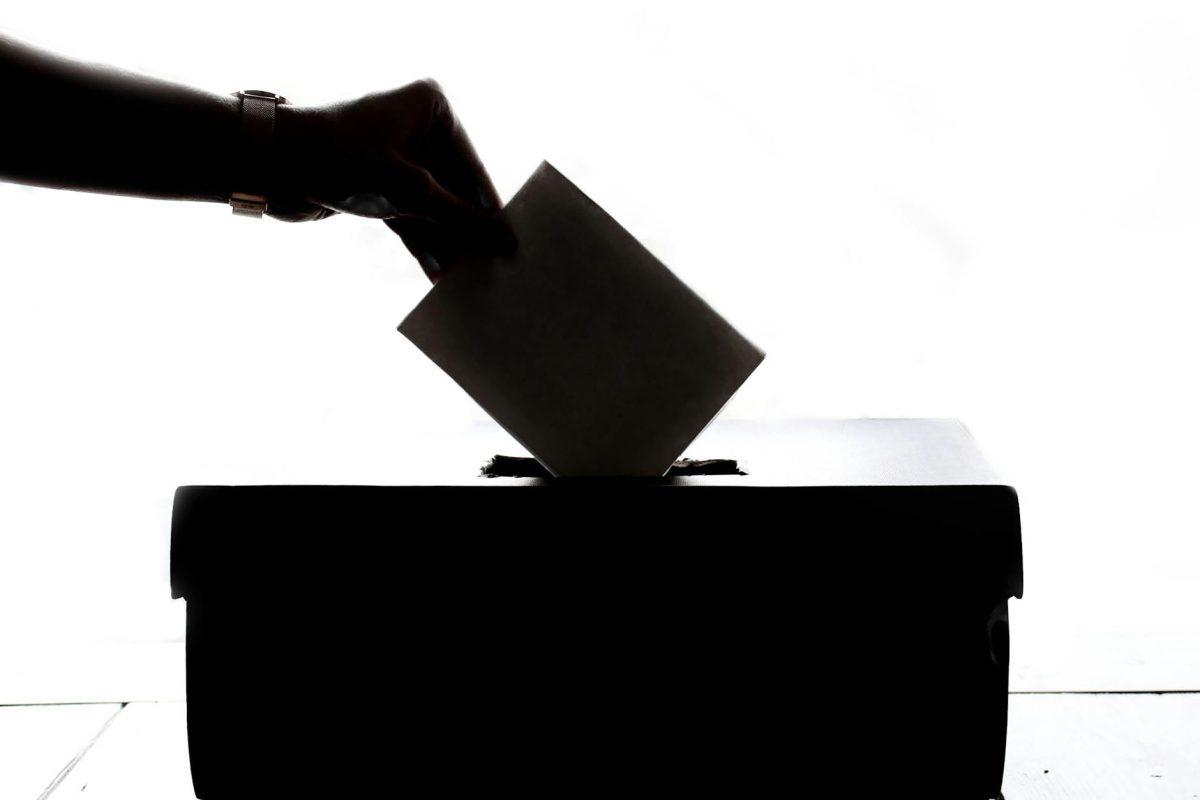 Pexels.com" />
Pexels.com" />
Photo by Element5 Digital on Pexels.com
By Auria Araghi
Mrs. Ella Luctee’s cigarettes weren’t lit inside the school — she would go out to the children’s lot, with the snow scaling up her platform heels, which she thought might go well with her inscrutability, and with the caricature she was planning for herself. She wore a white, round felt hat and frosted purple lipstick. The snow was falling, rolling over her, and in the sunset flashes of her figure turtled through the fields as a boulder might catch the wind.
She had a hand closed around the cigarette pack inside her trench coat. The pockets were filled with clutter, stiff and feathery tissues stowed in the knobby lining, and there was a compact mirror, all smudged — or had she been squinting into it? It was a habit, and sometimes she understood that, that she’d only really look at herself once, and go on with the image lingering — and a cold red-white-and-blue sticker. Then she thought about the pond back home, knowing her friends would call asking, more for her than them, if it had frozen. Skating was the one childish thing she allowed herself. The pond wasn’t large, and she was up early before the teenagers (she noticed they kept shy until she left) came wearing the long jerseys they’d slept in.
Now the snow lapped over mutely on the courtyard, and there were shallow spots where dove-scattered canopies jutted out. The trees were whipping hard against the wind, which spun brittle leaves down through streaks of lamp glow, and the night was growing brighter around her.
Nancy and Nancy said she’d be pretty if it wasn’t for the bruise down near her chin, but the bruise was really her purple lipstick and the snow. They watched Mrs. Luctee take a cigarette and jam it in there and tilt back in her seat; when the smoke shot out they flinched. After a while Nancy shut off the radio, once she didn’t believe in it anymore, and said, “I don’t believe in it anymore. The whole business is corrupt. That’s what I’ve gathered now that it’s up to me.” And Nancy nodded and turned back to Mrs. Luctee, who tossed a dry bud out to the road. “That’s just it, isn’t it, for her?” Nancy was still going. “See? I’ve found all there is to her — isn’t that something? And you’re clever, too. I’m proud, Nancy, I’m really so proud.”
____
The Nancies said Tom Mutton would be pretty if he wasn’t so much a boy. Tom was eighteen-years old; he rode horses with his uncle and spoke like his uncle, and now he was glad to get old like his uncle. He was dressed in a deep blue double-breasted suit and his own dress shoes, and when he stepped with the line their heels didn’t right away lift, they just dragged. They clapped down on the floor like hooves, and he paid attention not to trip, because then it would be all wrong and the Nancies might start calling him pretty. “Pretty Boy Tom” — he wouldn’t like that.
 Tom doesn’t crouch to pull on his dress shoes. It’s always convenient — his feet fit like liquid. Photo courtesy of Auria Araghi ‘25.
Tom doesn’t crouch to pull on his dress shoes. It’s always convenient — his feet fit like liquid. Photo courtesy of Auria Araghi ‘25.
But he still seemed apart from the gym’s lights, and its motion and its cold. In May, when the fig trees crowded with hard fruits and it would take time until the men pressed in and the harvest baskets began to fringe along his uncle’s secret course, straight and clear behind the pine woods where they milled over small holes of shadow, he seemed apart, pulling through straw mounds and the stinging scent.
So he stepped, dragged up to a booth propped under a suspended curtain, and drawing out the sheets he saw the elaborately set columns of levers and bars and names on the other side, on a polished white board marked into grids; all the way up in one corner there was a sliding, ticket-sized slot, which spelled out McGovern, and another indicated Nixon.
In 1971 Congress amended the Constitution to lower the voting age down from 21 to 18 years. In 1972 the incumbent Nixon, running against George McGovern, would win reelection in a landslide victory after sweeping every state apart from Massachusetts, Washington, D.C. and a district vote in Virginia, which skewed Independent. Mrs. Luctee voted then, and so did Tom Mutton, in his deep blue double-breasted suit. But Nancy would make it a point never to vote again.
The Vietnam War, Constitutional ambiguity, which put age restrictions to a state’s judgment (only Georgia and Alaska had set their minimum voting age to 18), and the invention of the teenager all preceded the 26th amendment. The war in particular brought on a youth movement stirred by military conscription, through which any man between 18-21 could be drafted to fight, bolstering calls that started in the 1940s for expanded suffrage.
Young Americans (18-24) trail older voters in turnout — in fact, young people’s election interest apparently peaked after ‘72, while elderly rates of turnout are trending up.
Register to vote by October 7th